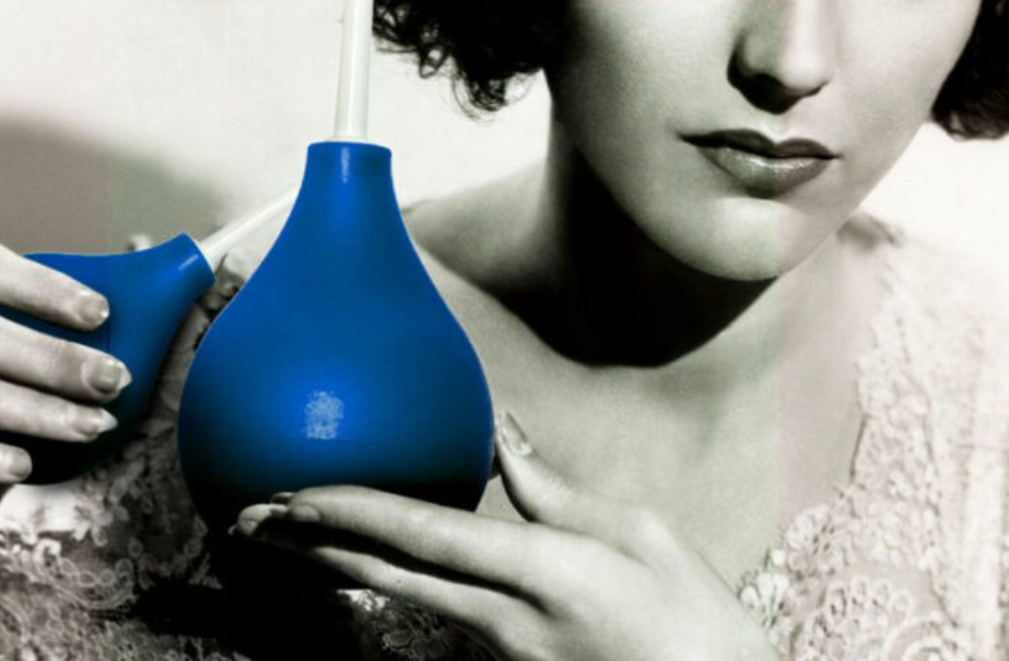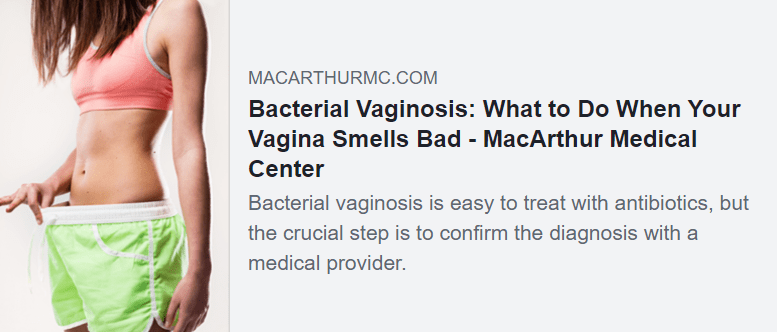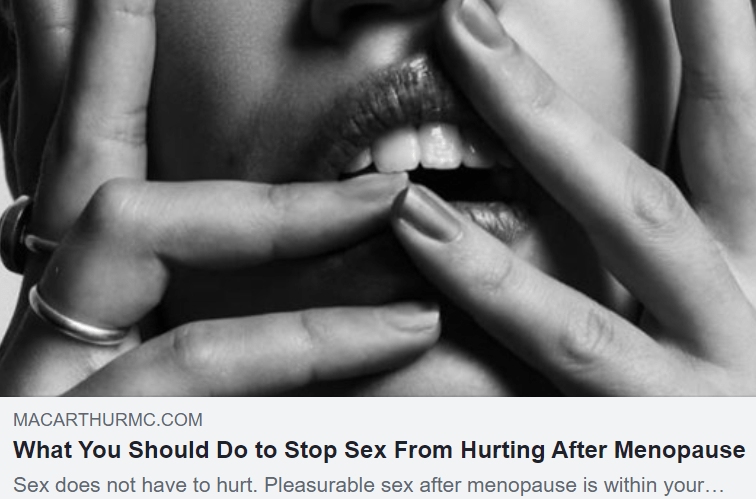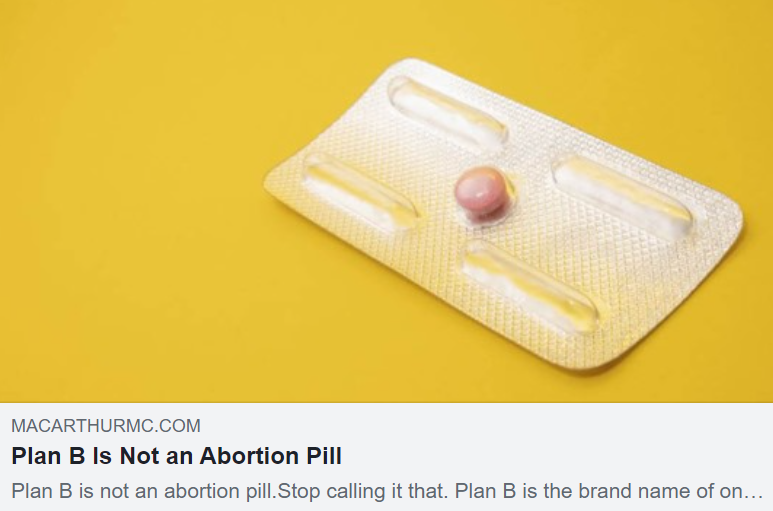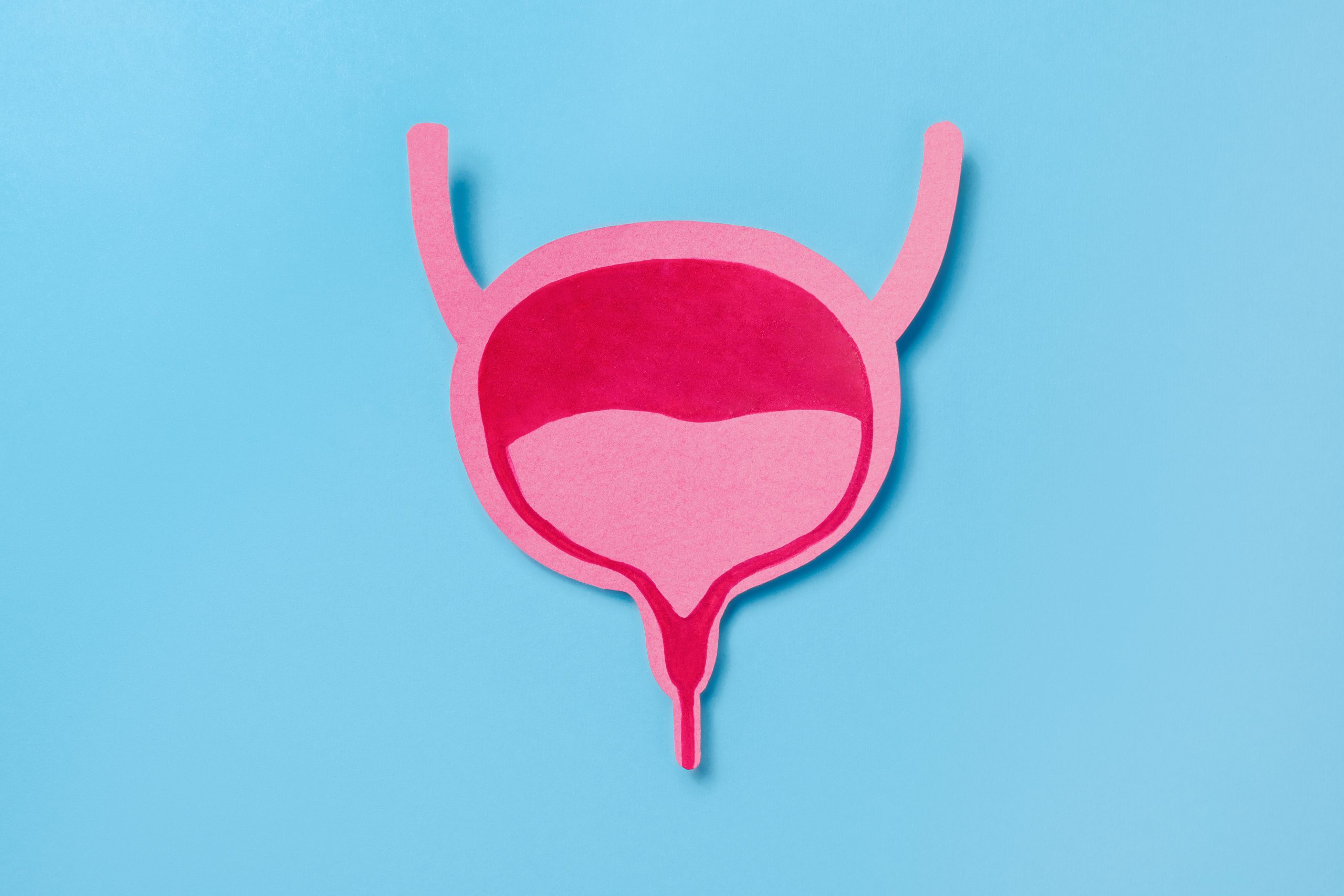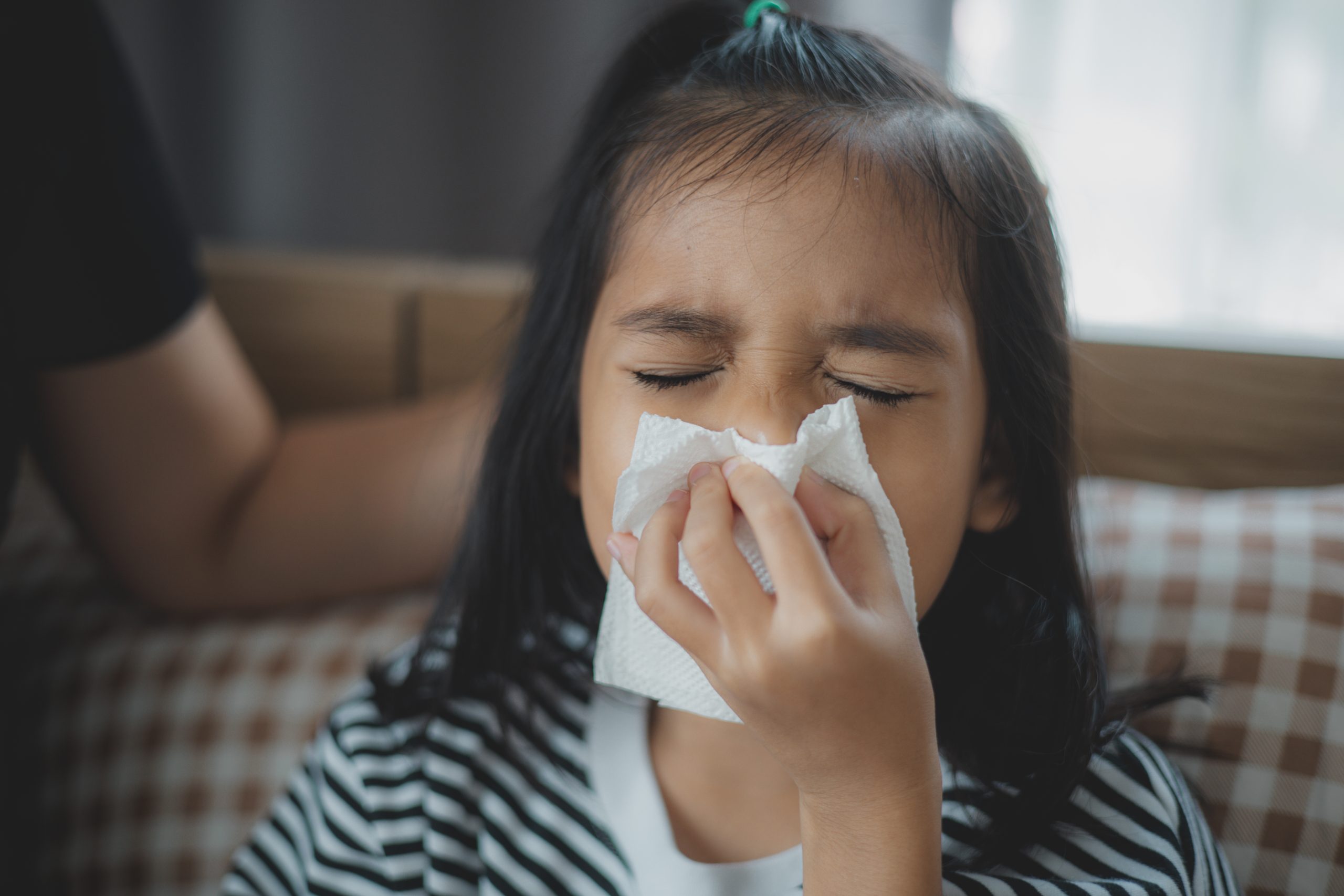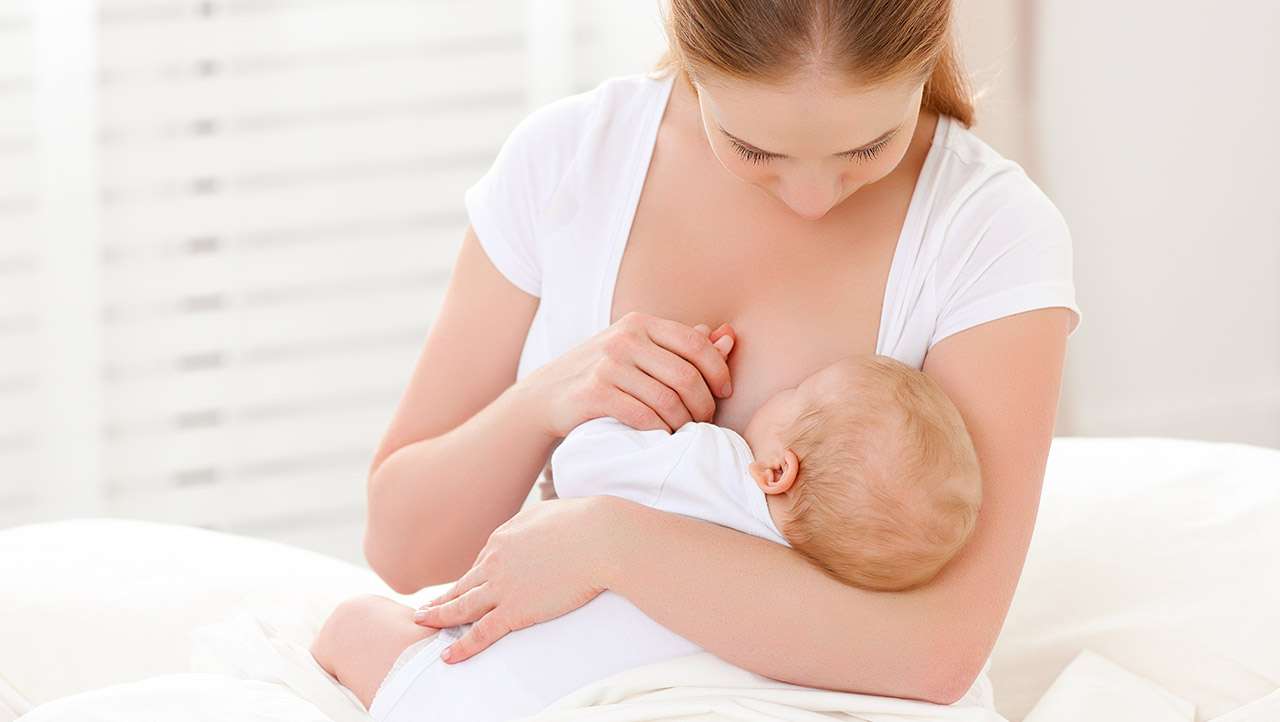Doctors are against misguided feminine hygiene advice.
Despite what your Grandma told you, douching is a #badidea. Almost one in five women douche under the false impression it reduces infections and improves hygiene. It does not. Douching disrupts the vaginal ecosystem and increases the risk of infections.
Douching is not a new idea. Myths, wive’s tales, and home remedies riddled with erroneous concepts of vaginal cleanliness and pregnancy prevention are a part of human history.
In ancient Egypt, the en vogue vaginal cleansing remedy was a mixture of wine, vinegar, and garlic. In the middle ages, we progressed to steaming the vagina with an herbal blend through a process called vaginal fumigation. This futile technique was popular among prostitutes to wash away semen and reduce disease.
In the mid 19th century, french doctors promoted vaginal hygiene products as a tool for better health. In the 20th century, Lysol promoted its products as the poor man’s emergency birth control.
We may laugh at the inept and misguided medical history practices, but the feminine hygiene industry is alive and well and living on Amazon. Celebrities endorse the Yoni Steam system. Women sit on a mini-throne while a combination of infrared and mugwort steam cleanses your uterus.
Medical research links vaginal douching to an increased risk of bacterial vaginosis, yeast infections, pelvic inflammatory disease, tubal pregnancy, sexually transmitted infections, potentially increasing the risk of tubal pregnancy, and ovarian cancer.
Gynecologists’ advice is crystal clear: Don’t douche.
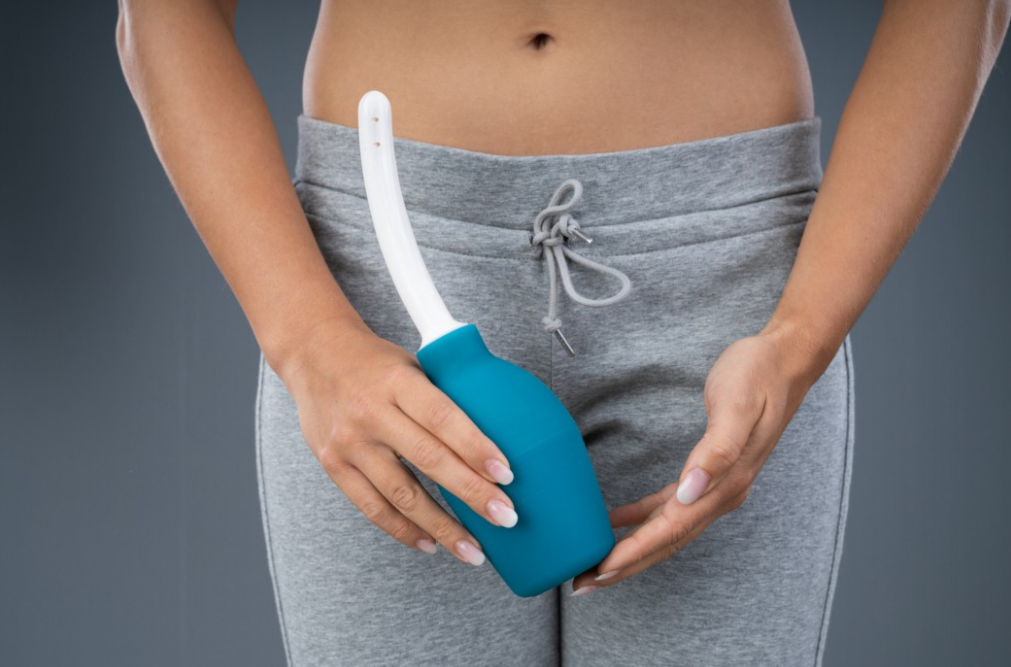
What is douching?
Douching is the practice of washing or cleaning out the vagina. Water, herbs, soaps, or other mixtures of fluids soak or rinse the inside of the vagina. Most douches are sold in stores as prepackaged bottles or bags of water and vinegar, baking soda, or iodine. The mixtures care squirted through a tube or nozzle into the vagina.
Douching is not the same as taking a bath a shower. Washing the outside of the vagina is a safe and healthy habit.
Most doctors recommend that women do not douche, but 20% of women of all ages and races use vaginal douches. Scientific research shows no medical benefit, and douching is linked to health problems.
What is the harm in a vaginal douche?
Douching disrupts the vaginal chemistry and creates a pH imbalance. A healthy vagina contains a delicate ecosystem of yeast and protective bacteria. The balance of bacteria helps maintain an acidic environment with a pH of 3.5–5.5. The acidic environment protects the vagina from an overgrowth of yeast or harmful bacteria.
Douching changes the necessary balance of vaginal flora and disrupts the natural acidity in a healthy vagina. The acidic environment protects the vagina from infections or irritation.
Douching disrupts the vaginal ecosystem allowing an overgrowth of yeast or harmful bacteria. This disruption can lead to a yeast infection or bacterial vaginosis. If an infection is already present, douching can push the bacteria up into the uterus, fallopian tubes, and ovaries causing pelvic inflammatory disease.
What are the health problems linked to douching?
Health problems linked to douching include:
- Bacterial vaginosis (BV) — Women who douche are 5 times more likely to develop BV
- Yeast infections
- Pelvic inflammatory disease. PID is an infection in the reproductive organs that is often caused by an STI.
- Vaginal irritation, itching, and dryness
- Vaginal odor
- Pregnancy problems including preterm birth and ectopic pregnancy
- Sexually transmitted infections
- Painful intercourse
Will a douche get rid of vaginal odor?
No. Douching will temporarily maks and cover-up odor but will not solve a problem like discharge, pain, itching, or burning. The effective way to manage a problem is to be evaluated by a medical provider. Once we know what problem we are treating, we can prescribe an effective problem-solving treatment.
A medical evaluation is warranted if you have:
- Foul-smelling vaginal discharge
- Vaginal itching
- Burning, redness, and swelling in or around the vagina
- Pain when urinating
- Pain or discomfort during sex
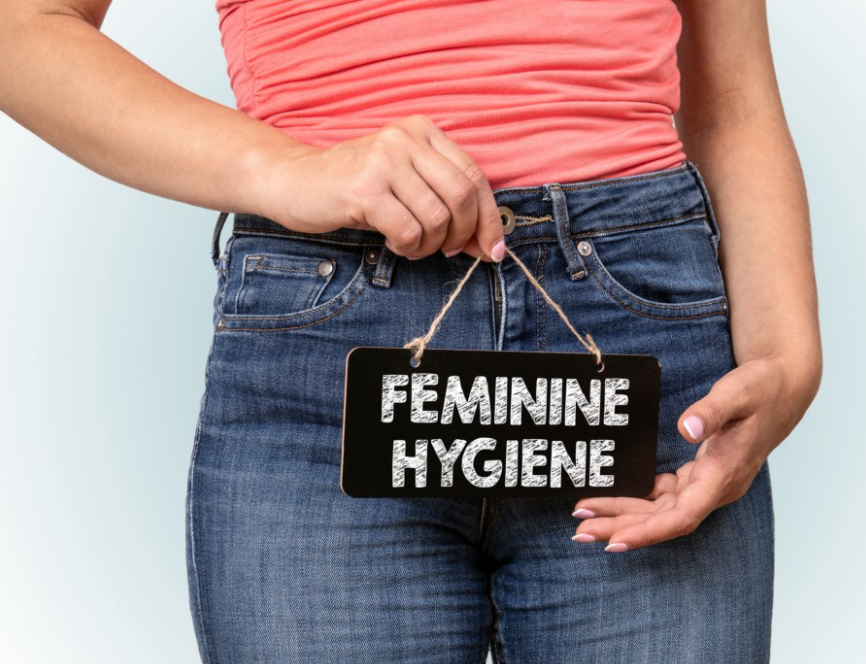
What is the best way to clean my vagina?
Vaginas self regulate. Let your vagina clean itself. The vagina cleans itself naturally by making mucous and secretions to wash away blood, semen, and vaginal discharge.
Keep your vagina clean and healthy by:
- Washing the outside of your vagina with warm water and mild soap when you bathe.
- Avoiding scented tampons, pads, powders, and sprays.
Does douching after sex prevent infections?
No. Douching before or after sex does not prevent STIs. In fact, douching removes some of the normal protective vaginal bacteria that protect you from infection. Douching increases the risk of getting STIs, including HIV, the virus that causes AIDS.
Does douching reduce the risk of pregnancy?
No. Douching also does not protect against pregnancy.
If you had sex without using protection or if the condom broke during sex, use emergency contraception.
Over-the-counter emergency birth control should be used within 72 hours of unprotected sex. Presciption EllaOne (ulipristal acetate) can be taken up to 5 days after unprotected sex. The earlier it is used, the better it works. EC decreases the risk of pregnancy by 70–80%.
Thank you Sexography for publishing this article on Medium.
Blog Author: Dr. Jeff Livingston
Main Blog Photo By: image with permission Medika.life

